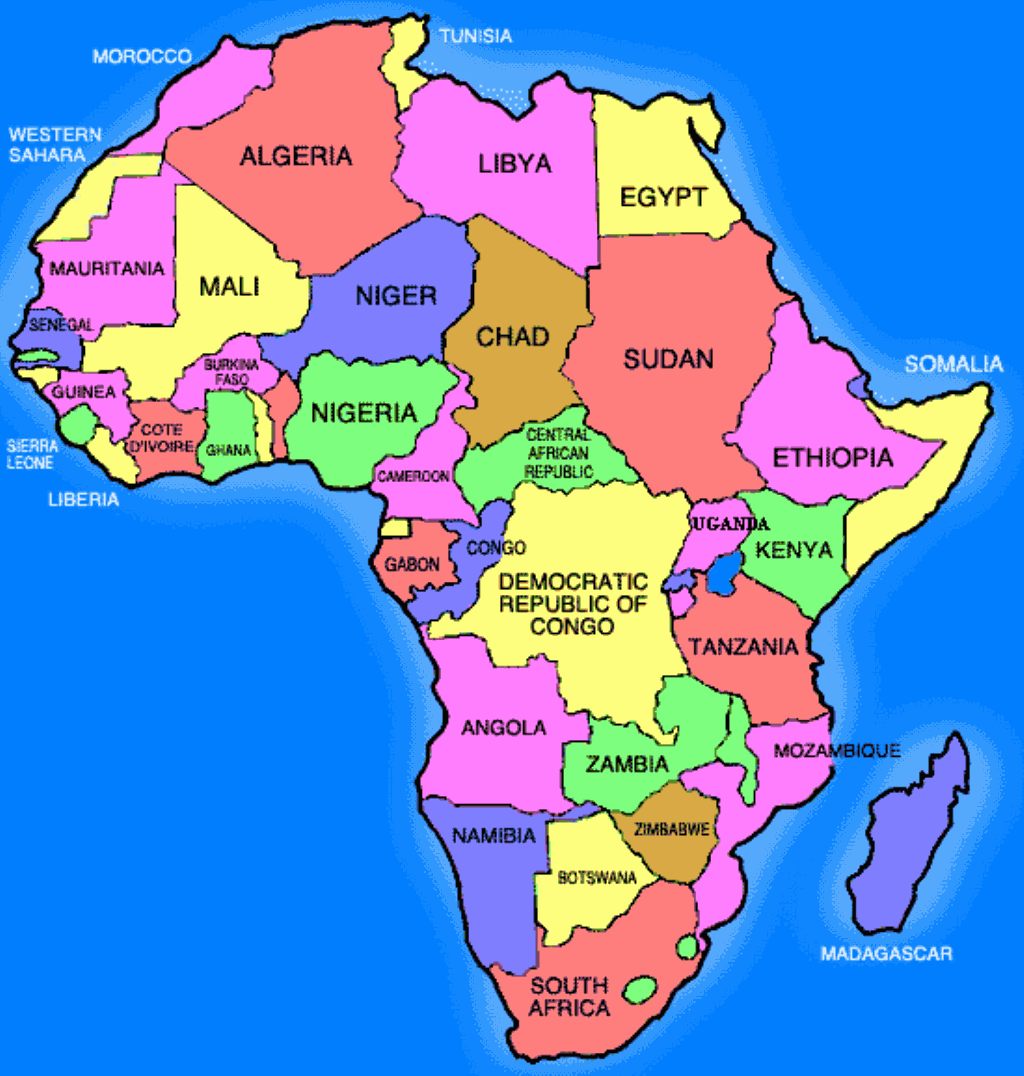The Bahá’í teachings provide a unique framework for understanding and fostering the development of Africa’s communities. In the face of the myriad challenges that the continent encounters, the principles of unity, service, and social action articulated in Bahá’í writings stand as a beacon of hope and a guiding light. How might these teachings inspire communities to prepare with both energy and focus for the myriad of challenges posed by modernity? This question not only evokes curiosity but invites contemplation on the potential pathways of action that can be forged within these communities.
Central to Bahá’í belief is the concept of the oneness of humanity. This principle posits that all people, irrespective of their race, nationality, or creed, are fundamentally interconnected. In Africa, where diversity abounds, this belief becomes particularly vital. It calls upon communities to embrace their unique cultural heritages while simultaneously recognizing their shared human aspirations. The challenge lies in harmonizing individuality with collective identity. How can communities celebrate their uniqueness while fostering a greater sense of oneness?
To address this challenge, community engagement can serve as a powerful catalyst. Local Bahá’í communities across the continent have been actively engaged in dialogue and collaborative projects that aim to unite individuals from different backgrounds. These initiatives—ranging from educational programs to social action projects—embody the spirit of service enshrined in Bahá’í teachings. They equip participants with the skills necessary to face communal challenges, all while cultivating a spirit of collaboration that bridges social divides.
Education emerges as an essential pillar within the Bahá’í framework, especially as it pertains to empowering future generations. In many African nations, access to quality education remains a critical issue. Here, Bahá’í communities endeavor to establish educational institutions that not only impart knowledge but also foster moral and spiritual development. By instilling values such as integrity, respect, and justice in students, these institutions mold conscious citizens equipped to address societal challenges. Yet, the question remains: how can these educational initiatives be scaled to reach even more communities? The task is formidable, but it must not deter the resolve of those committed to this cause.
Furthermore, the principles of sustainability and stewardship resonate profoundly within Bahá’í teachings. The ecological challenges facing Africa are profound—ranging from climate change to resource depletion. In response, Bahá’í communities underscore the significance of responsible resource management and sustainable practices. Herein lies another challenge: while many recognize the urgency of environmental stewardship, translating awareness into action can prove arduous. How can communities galvanize local populations to adopt sustainable lifestyles in a manner that resonates with their daily realities?
Community workshops and empowerment programs can be instrumental in addressing this very question. By providing practical skills in farming techniques, waste management, and conservation, Bahá’í-inspired initiatives instill a sense of agency among community members. They encourage participants not just to learn but to become stewards of their environment, fostering a symbiotic relationship between humanity and nature.
Another vital aspect of Bahá’í teachings is the emphasis on consultation. This process, which allows individuals to collaboratively seek solutions to common challenges, embodies democratic principles. In many contexts, traditional systems may struggle to accommodate the diverse voices within communities. Thus, the challenge becomes integrating consultation with existing governance structures. Can the essence of this Bahá’í principle revolutionize how communities engage with one another, enhancing the efficacy of decision-making processes and fostering inclusivity?
Through workshops, community forums, and inclusive decision-making practices, Bahá’í communities can exemplify the power of consultation. Such initiatives promote transparency and accountability, enabling community members to engage meaningfully in discussions that shape their realities. As they forge this participatory path, they may unlock new possibilities for collective progress.
Moreover, the role of women in the development of communities cannot be overstated. Bahá’í teachings advocate for gender equality as a fundamental human right and an essential prerequisite for societal advancement. However, entrenched patriarchal norms can hinder the full participation of women. Thus, a pressing challenge emerges: how can communities dismantle these barriers to empower women fully? Bahá’í-inspired initiatives, such as women’s groups and leadership training programs, address this issue head-on. They cultivate leadership qualities and provide platforms for women to express their voices, thereby enriching communal life.
In conclusion, Bahá’í teachings offer an invaluable framework for communities across Africa as they navigate the complexities of modern existence. The interplay of unity, education, sustainability, consultation, and gender equality invites communities to prepare with both energy and focus for the future. As they confront the challenges of the present, the essence of Bahá’í teachings can serve as a guiding lantern—illuminating paths of action that harmonize individual aspirations with collective progress. This journey is not without its trials; however, the resolute spirit within these communities promises unprecedented possibilities for growth and transformation.
